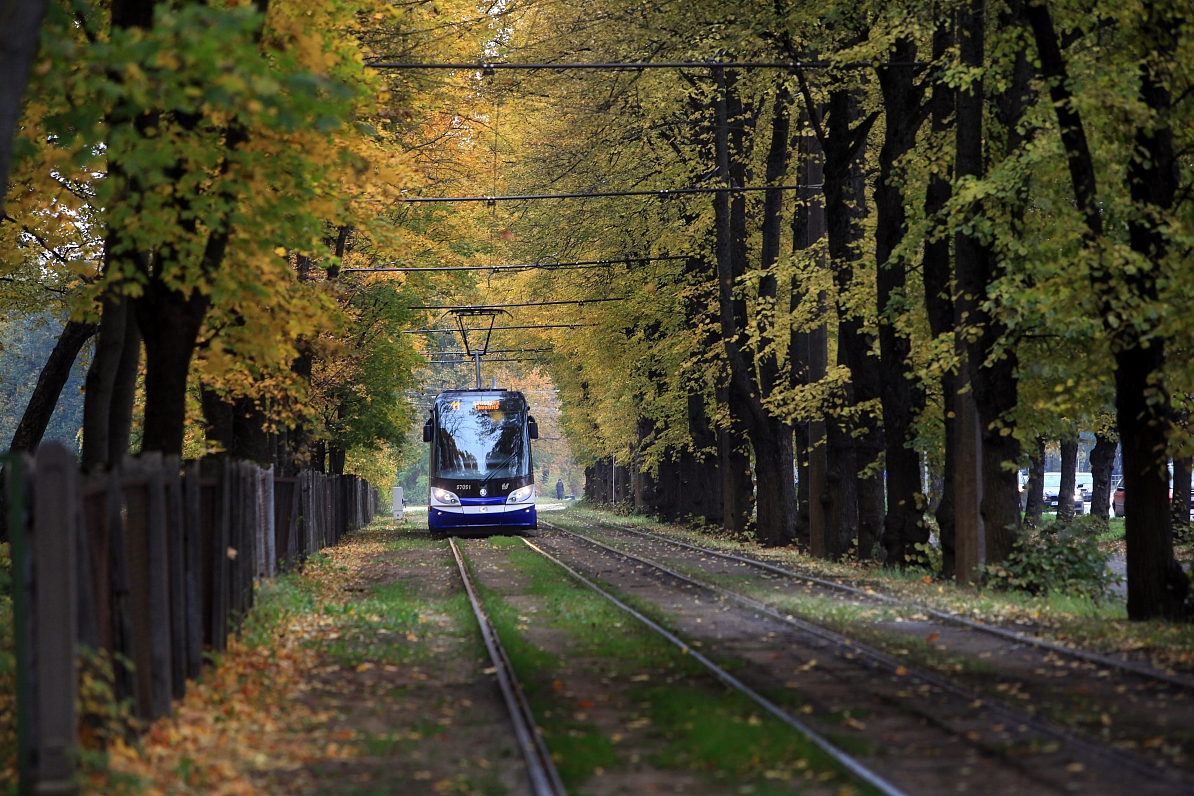The news was reported by Rigas Satiksme, the municipal company providing public transport services in the Latvian capital.
The project includes construction of a 3.6 km tram line in the Skanste area and renovation of the infrastructure of some of the existing tram lines, arrangements for power supply, purchase of 12 new low-deck trams, development of a traffic management system as well as renovation of certain streets and re-arrangement of utility lines.
The total eligible cost of the project is €97.4 million, of which nearly €65.7 million will come from the Cohesion Fund. €4.3 million has been set aside and will be disbursed after the end of 2018 if the project meets the necessary criteria. Rigas Satiksme will contribute €27.4 million to the project.
Construction will start in the second half of 2018, and it is planned to complete the project in 2020.
Eiropas Komisija apstiprinājusi Rīgas tramvaju infrastruktūras attīstības lielo projektu: https://t.co/bhH75hZzzL pic.twitter.com/IYVgE9BIJy
— Rīgas satiksme (@Rigassatiksme_) August 24, 2017
As previously reported, a number of NGOs have been protesting the Riga City Council's plans for the Skanste tram line, fearing that the construction will disturb the graves in the nearby historical cemetery Lielie Kapi and that a number of trees will have to be cut down, and also insisting that other neighborhoods in Riga needed a new tram line more than Skanste.
A long list of objections to the project was presented to the European Commission by campaigner Selina Vancane, but these were dismissed by the Commission in a written response.
The Riga City Council and Rigas Satiksme claim that the cemetery will remain untouched and that the development of the Skanste district not only fits the criteria for receiving EU financing but will provide jobs and relieve pressure on infrastructure in other parts of the city.































